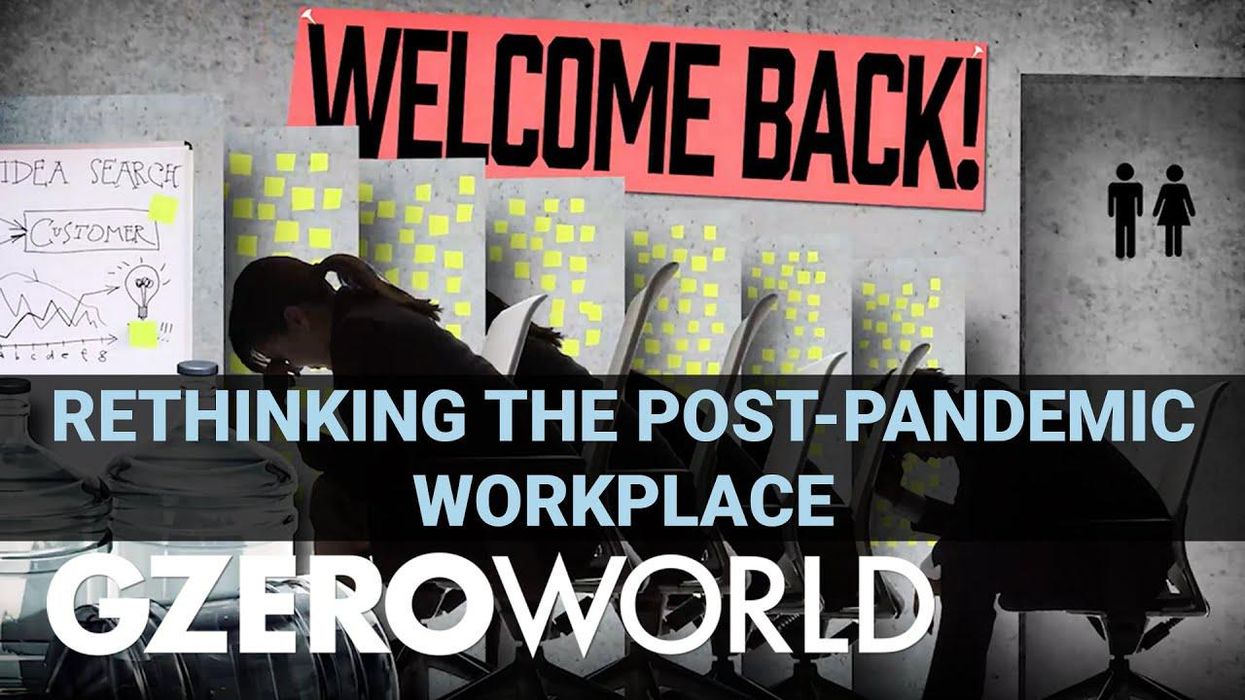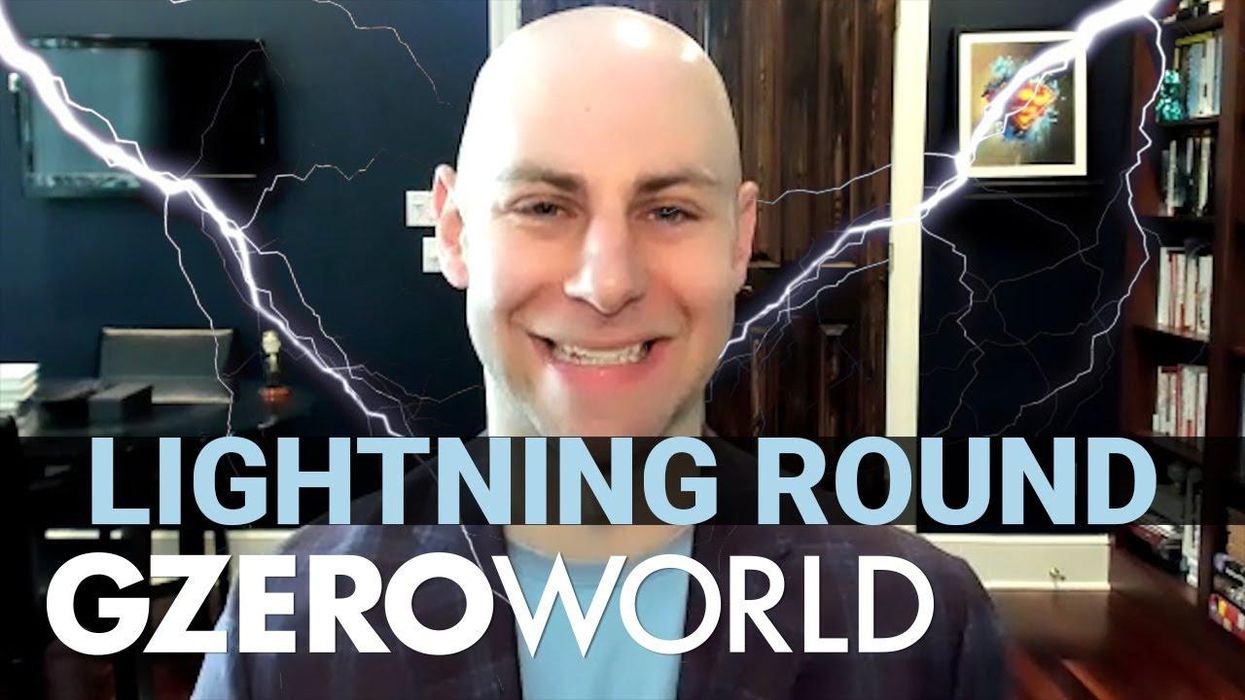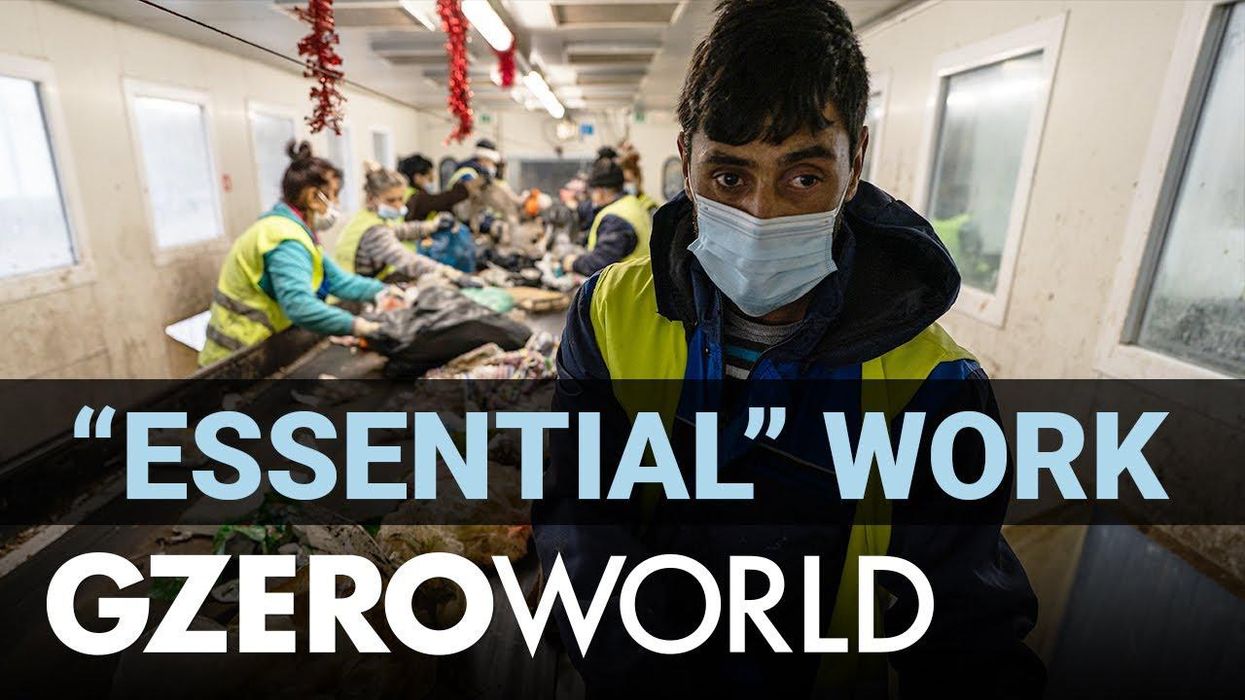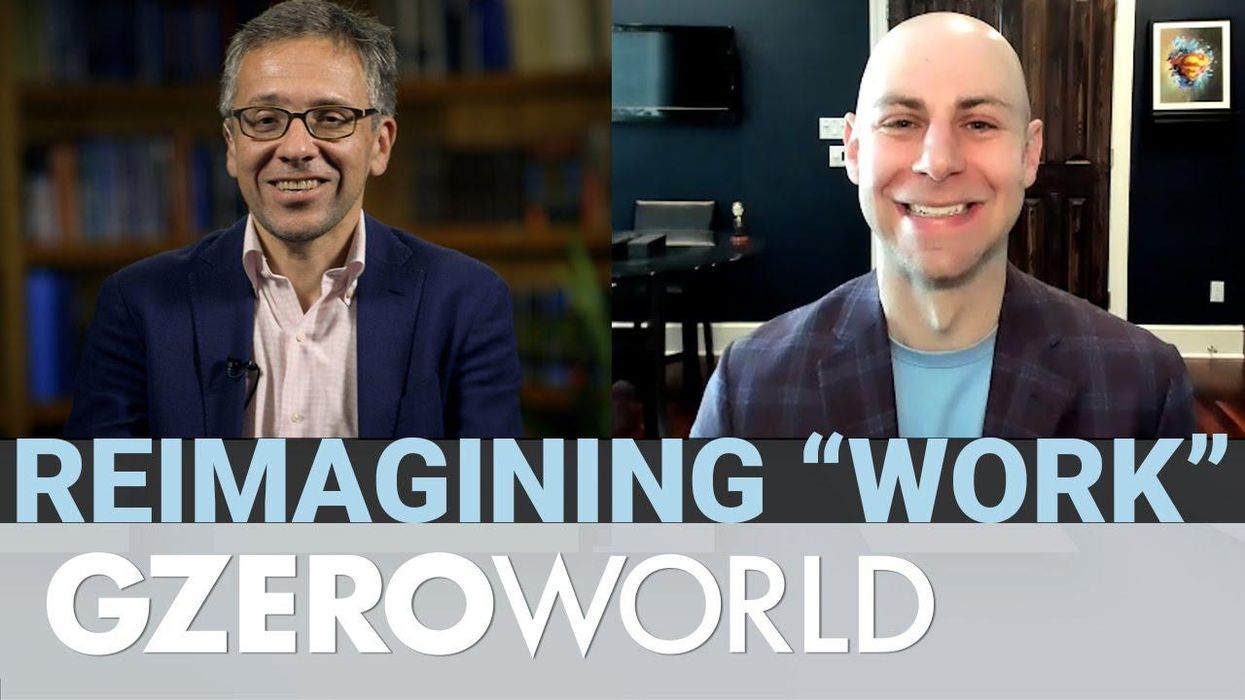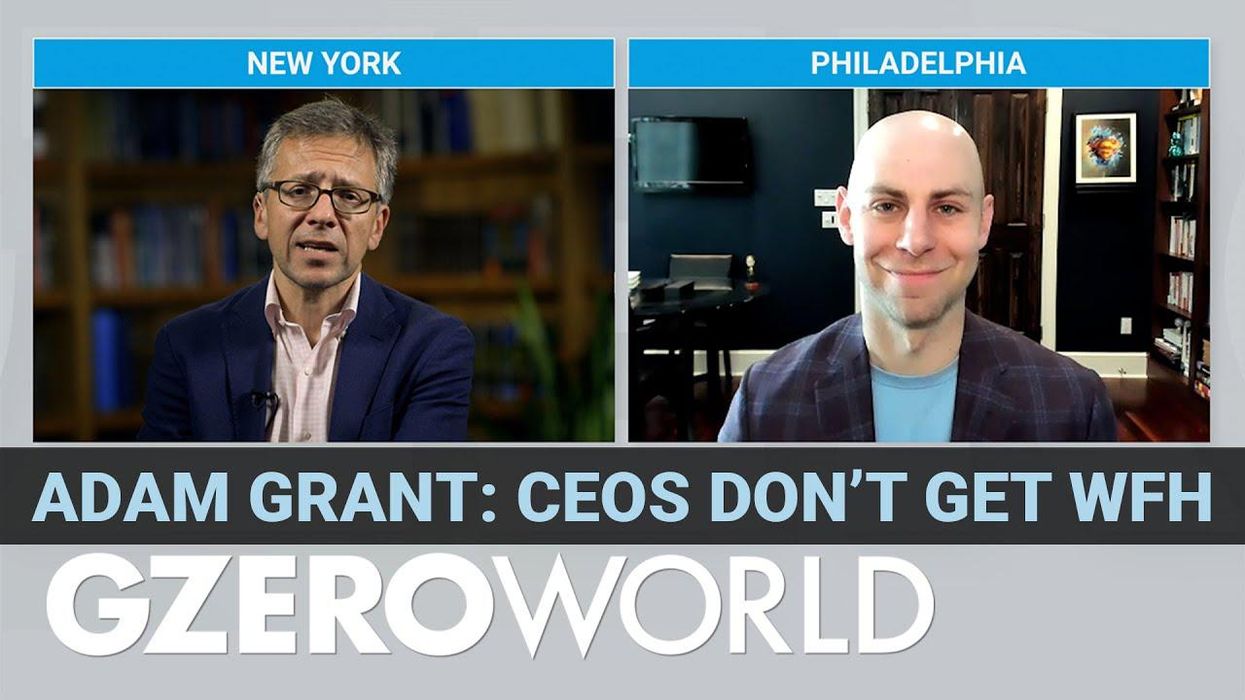GZERO World Clips
Rethinking the post-pandemic workplace
With much of the "rich" world opening up, will it be business as usual? A recent survey of 30,000 Americans found that three in ten never want to return to the office again, yet some CEO's feel differently. If employers are going to require that their workers return to the office, what should those workers expect in return?
Jul 16, 2021
